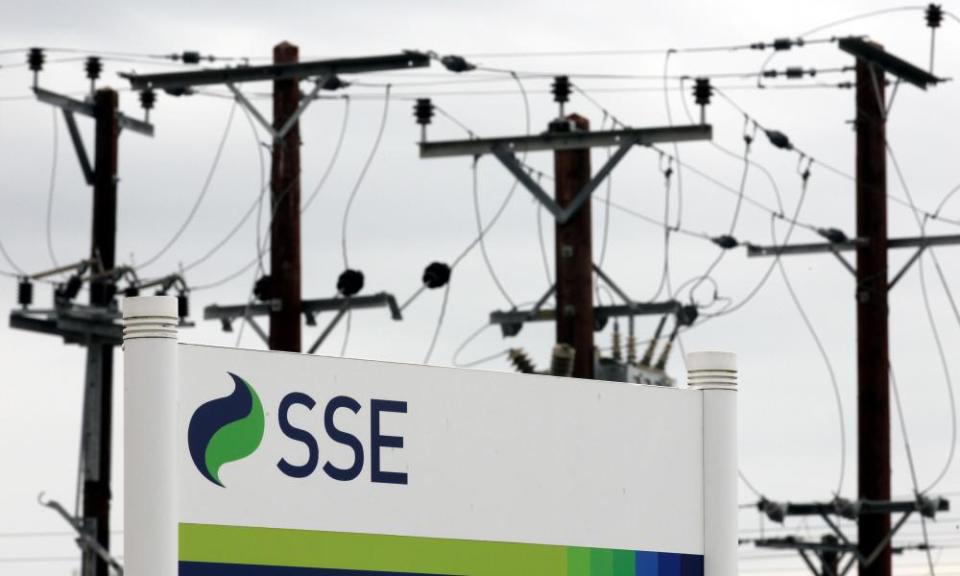SSE to pay near-£10m penalty over licence breach

The energy regulator has said the power generation arm of Scottish energy company SSE will pay a near-£10m penalty for breaching the terms of its licence.
Ofgem said a detailed investigation had found that SSE Generation had secured “excessive payments” from the National Grid, the electricity system operator (ESO), during periods of what is known as “transmission constraint”.
As a result, Ofgem has issued a penalty of £9.8m to SSE Generation.
Cathryn Scott, the director of enforcement and emerging problems at Ofgem, said the regulator would “continue to monitor the wholesale energy markets in Great Britain and ensure their integrity on behalf of energy users”.
She added: “This enforcement action sends another strong signal to all generators that they must put in place controls to ensure that their bid prices are set in a way that ensures that they do not obtain excessive benefits during transmission constraint periods.
“If they fail to do so, they will face significant consequences.”
Transmission constraint can occur when the electricity transmission system is unable to transmit power from where it is being produced to where it is required, due to congestion in the network.
The ESO can take action in the market to increase and decrease the amount of electricity available at different locations on the network.
The SSE penalty relates to its Foyers hydro pumped-storage power station, located in the Scottish Highlands.
The regulator found that the company breached its licence after securing excessive payments in exchange for reducing its output at Foyers.
SSE changed the bid prices it charged National Grid in May 2020, which the regulator said made it “significantly more expensive” to reduce Foyers’ output, including in periods of transmission constraint.
Ofgem said SSE made the change to bring Foyers in line with what it believed was the market practice of other pumped-storage operators and to increase its profit. It opened an investigation into SSE Generation in October 2021.
The regulator said it had not seen any evidence that SSE’s breach of its licence was deliberate.
However, it added that SSE and its senior management should have realised that its revised approach “carried a significant risk” of breaching the terms of its transmission constraint licence condition.
SSE said it cooperated fully with the investigation
By settling the investigation early, SSE qualified for a discount on the £11.6m it would otherwise have been required to pay by Ofgem.
SSE said: “We aim to comply with regulations at all times and believed we were doing so in this case. Following the investigation, we are updating our relevant procedures accordingly.”
The £9.8m penalty will be paid by SSE into the energy redress fund, a scheme that distributes payments from companies that have breached Ofgem rules to charities and community benefit organisations to deliver energy-related projects.
Drax, the owner of Britain’s biggest power plant, agreed in January to pay £6.1m in to the energy redress fund, after admitting to an inadvertent breach of its energy generation licence.
The company’s pumped-storage unit assured Ofgem at the time it had revised the way it calculates its pricing, after the regulator found it had secured excessive payments in relation to its Cruachan power station in Scotland.

 Yahoo Finance
Yahoo Finance 